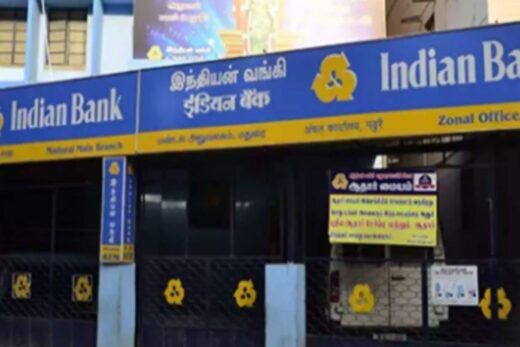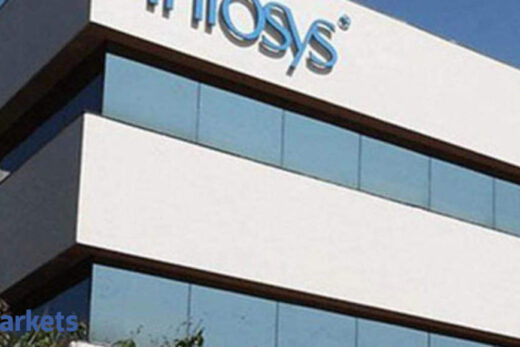Shareholders of Paytm’s holding company on Monday approved a Rs 16,600-crore IPO, of which Rs 12,000 crore will be raised through a fresh issue of new shares worth Rs 8,300 crore. Existing investors SoftBank and Ant Group will have the option to sell shares worth another Rs 8,300 crore.
The shareholders also approved a resolution repositioning the company from a promoter-led entity to a professionally managed one. While Vijay Shekhar Sharma would cease to be a promoter, the shareholders approved his appointment as chairman, managing director and CEO and vested him with powers required to make decisions for the IPO. As a professionally managed company, no shareholder will have any special right.
According to sources, the company has identified nine key management personnel, to be named in the draft red herring prospectus, which will be filed shortly. They are president & CEO Madhur Deora, chief finance officer Vikas Garg, head (offline payments) Renu Satti, head (lending) Bhavesh Gupta, head (online payments) Praveen Sharma, Paytm Labs CEO Harinderpal Singh Takhar, Paytm First Games COO Sudhanshu Gupta, CTO (payments) Manmeet Dhody, and president (compliances & operations) Deepankar Sanwalka.
Besides these, key officials of the group are Paytm Money CEO Varun Sridhar, Paytm Payments Bank MD & CEO Satish Gupta, and Paytm General Insurance head Vineet Arora.
The extraordinary general meeting also resulted in the ‘Articles of Association’ of the company being amended to be compliant with guidelines for listing. The employee stock option plan (ESOP) has also been revised to ensure compliance with listing requirements.
Ahead of the IPO, the company has seen some changes on its board with Chinese nationals stepping down. The board also recently appointed former WhatsApp business head Neeraj Arora as a director.
Last week, the company allotted 5.1 lakh equity shares to 80 employees at a nominal price of Re 1 and a premium of Rs 8 per security. The employees had sought to exercise their options under the ESOP. Employees already holding shares were allowed to offer their securities as part of the public offer.



